The iron cages used to confine defendants in Dhaka courtrooms are being removed after significant controversy. On Friday, these cages were dismantled in two courtrooms of the Chief Metropolitan Magistrate (CMM) Court in Dhaka. Sources close to the matter confirmed that this action followed directives from higher authorities, with the process beginning in the afternoon.
The first removal took place in the 28th Magistrate Court of the Dhaka CMM Court. A CMM Court official, speaking anonymously, mentioned that the decision to remove the cages was implemented promptly, with personnel from the Public Works Department observed dismantling and removing the cages.
This development follows the recent appearance of prominent figures, including former law minister Anisul Huq and former prime minister’s private industry and investment adviser Salman F Rahman, who were kept in an iron cage during their appearance in the CMM Court on Tuesday. However, by Thursday, other notable individuals such as former Deputy Speaker Shamsul Haque, former State Minister for Posts, Telecommunications, and Information Technology Zunaid Ahmed Palak, and Tanvir Hasan, General Secretary of the Dhaka University branch of the Bangladesh Chhatra League, were not placed in the cage during their court appearances.
By Friday afternoon, when Major General (Retd.) Ziaul Ahsan, the former director general of the National Telecommunication Monitoring Center (NTMC), was brought to the Dhaka CMM Court, the iron cage inside the courtroom had already been removed.
For years, defendants in Dhaka have been confined to these iron cages during court hearings, a practice widely criticized by legal experts as inhumane and unconstitutional. Critics have long argued that such measures violate basic human rights and should be abolished.
In October 2023, Supreme Court lawyer Shishir Monir issued a legal notice urging the removal of iron cages from judicial courts and advocating for the reinstatement of wooden railings. The Constitution’s Article 35(5) prohibits torture or cruel, inhuman, or degrading punishment, while Article 7 of the International Covenant on Civil and Political Rights (ICCPR) echoes this prohibition. Additionally, Article 14(2) of the ICCPR affirms the right of every accused person to be presumed innocent until proven guilty.
Nobel laureate Dr. Muhammad Yunus, currently serving as the chief adviser of the interim government, has also voiced his discontent with the use of iron cages in courts. Dr. Yunus, who faced multiple court hearings during the previous Awami League government, described his experience of being confined to an iron cage as humiliating and degrading. He questioned the fairness of subjecting innocent citizens to such treatment during court proceedings and called for a review of the practice.
On June 6, the High Court questioned the legality of a rule permitting the installation of iron cages for accused persons during court proceedings across the country.



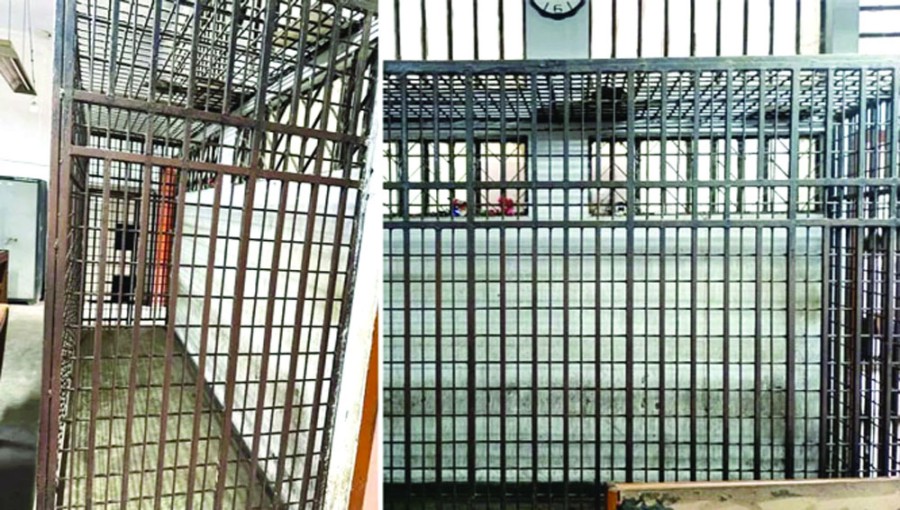
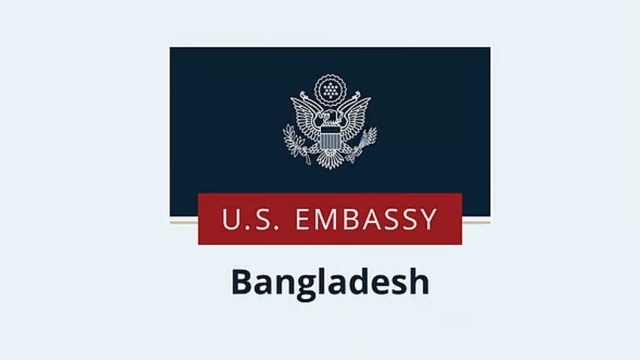
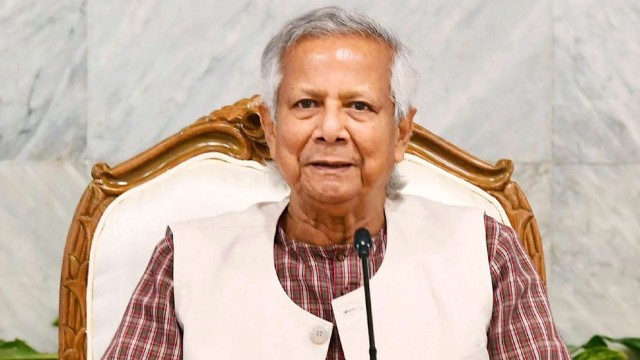
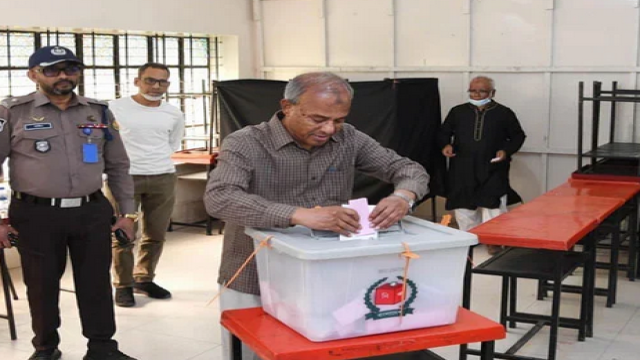
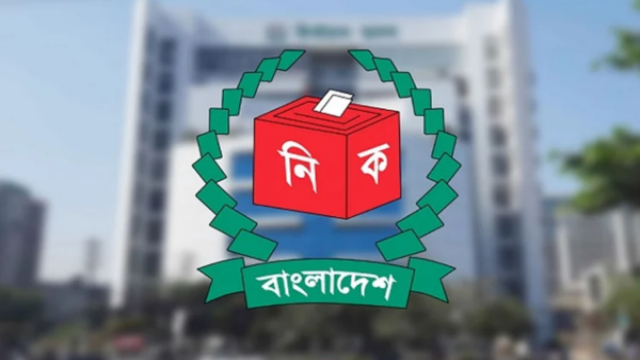
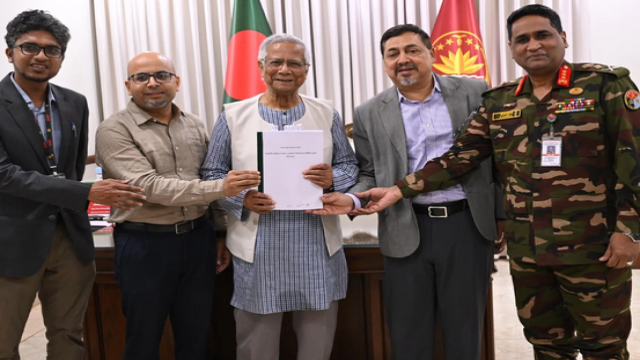

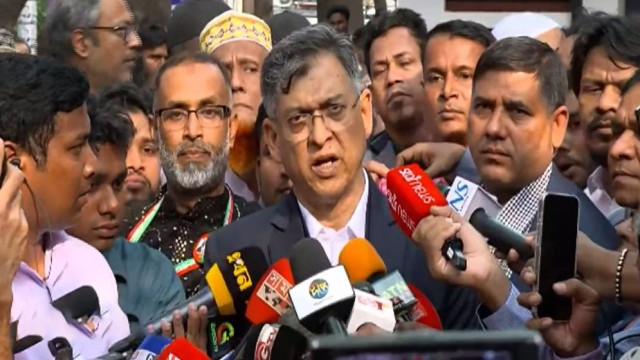
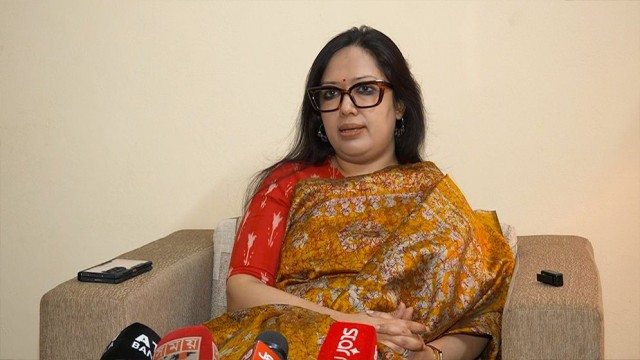
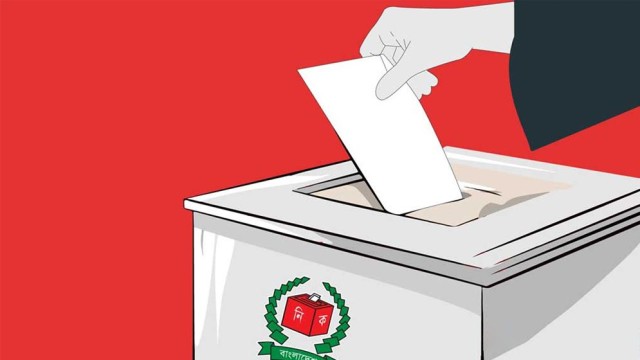
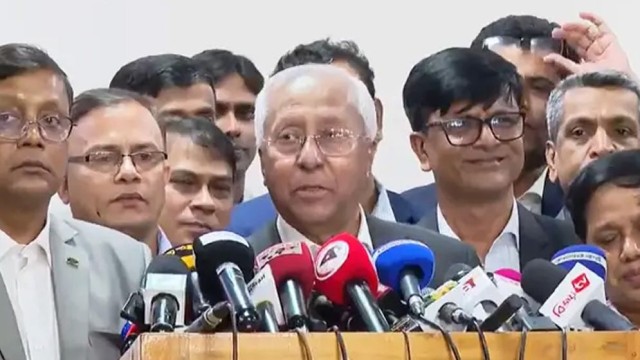
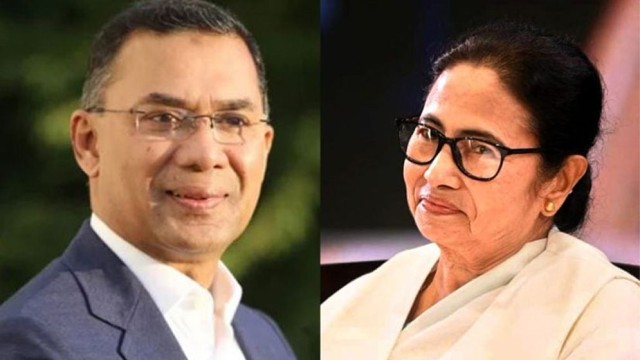
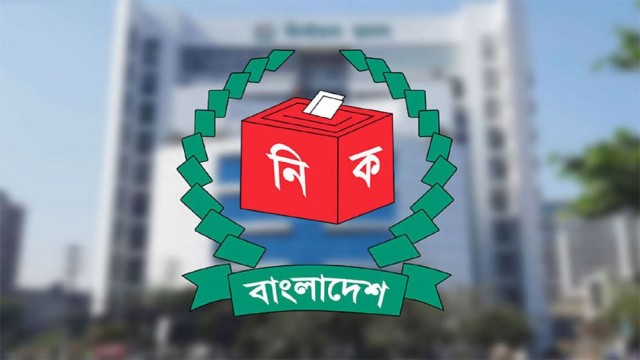
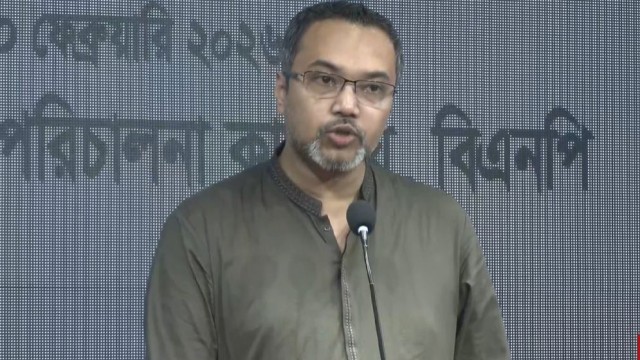
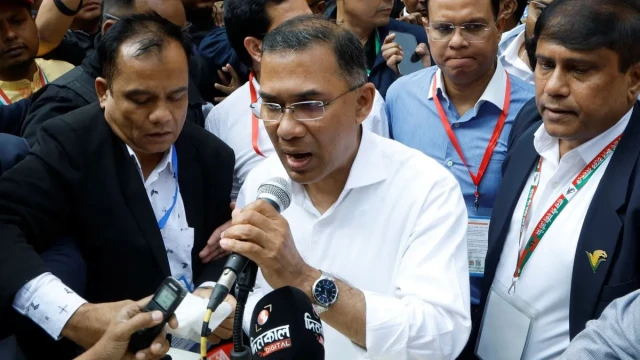
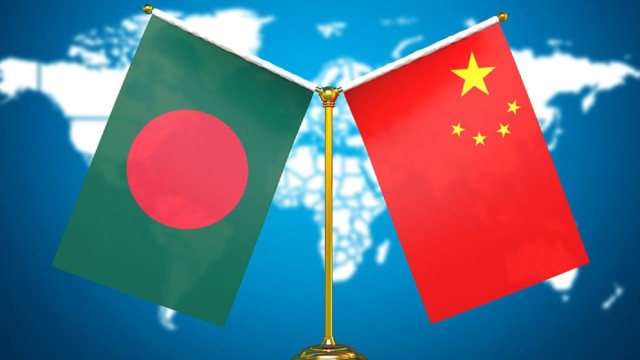
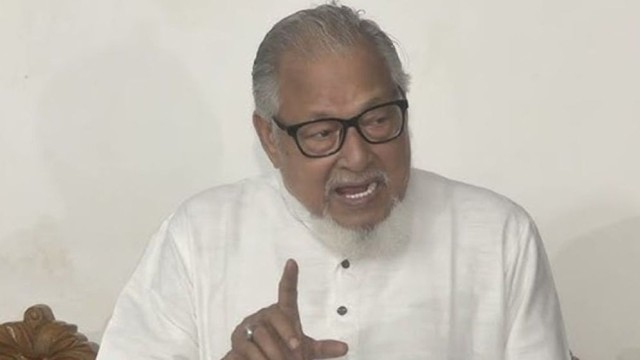











Comment: